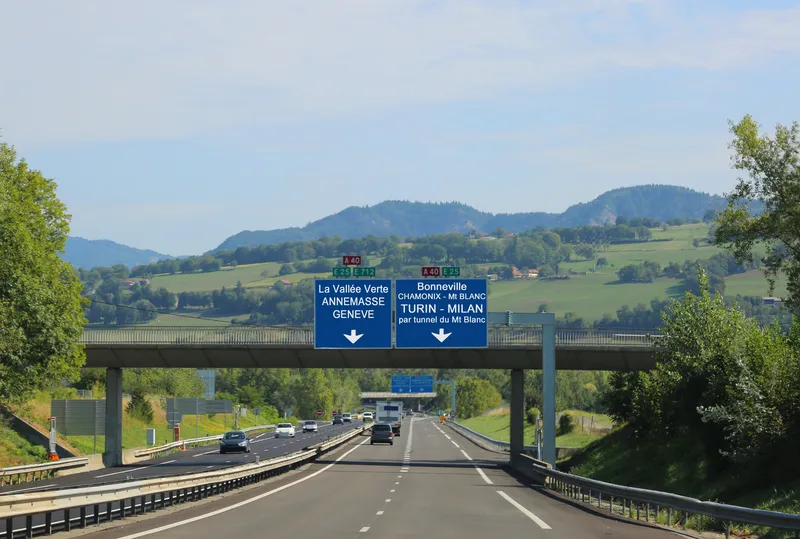For the fifth year running,
Over the last five years Fiat has reduced its average emissions by 14 per cent, from 137.3 to 118.2 g/km of CO2, significantly lower than the target set out by the
This result shows the company’s commitment to protecting the environment through the development of simple and ingenious solutions such as the TwinAir engine, the world's most ‘ecological’ turbo petrol engine, the use of alternative fuels such as Methane/LPG, a sector in which the brand is European leader, and the development of innovative technology such as eco:Drive, an application which encourages a more responsible and eco-compatible driving style, and which has allowed a large number of the drivers who use it regularly to achieve emissions which are even lower than the type-approval levels.








